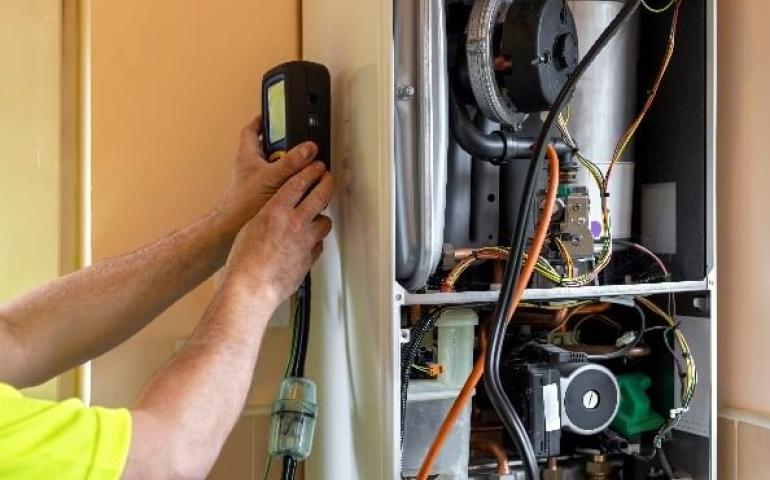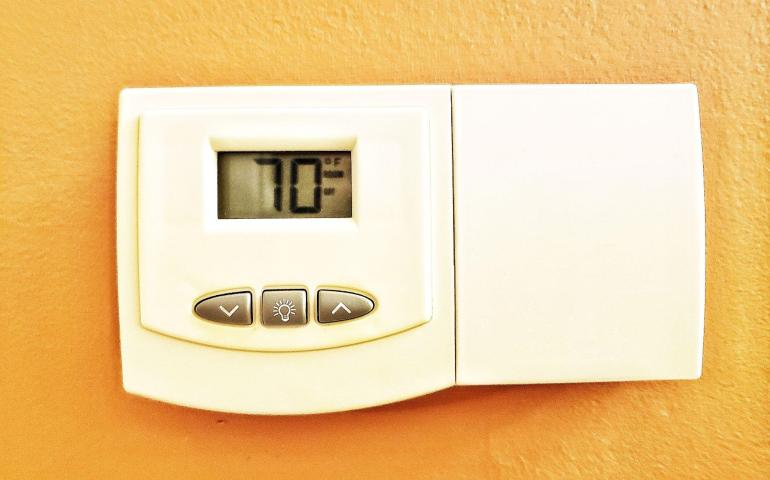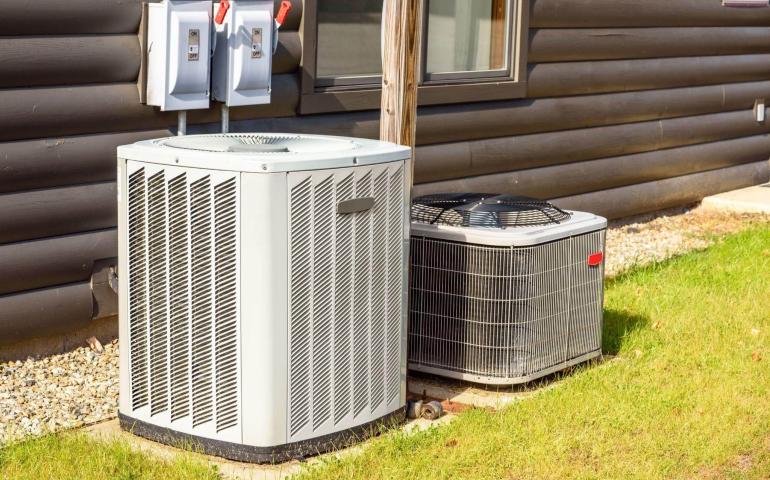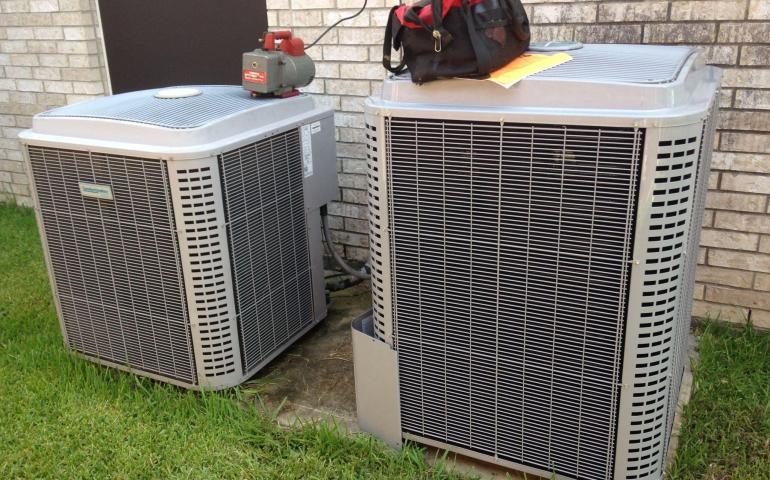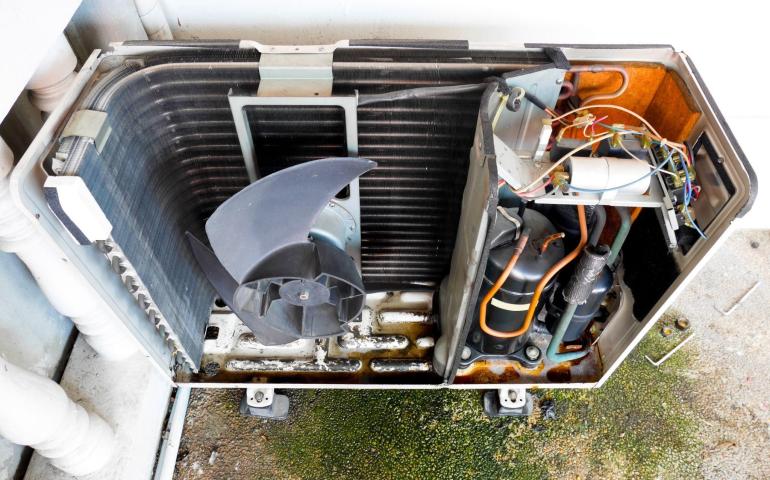Indoor air quality is a crucial aspect of maintaining a healthy living environment. Poor air quality can worsen health issues, like allergies, asthma, and respiratory issues. But have you ever wondered if indoor air quality becomes worse during the night? In this article, we explore why indoor air quality is vital and what causes air quality to get worse at night. We also mention how you can prevent poor indoor air quality while you sleep.
Why Good Indoor Air Quality is Vital
Maintaining good indoor air quality is essential for ensuring a healthy living environment. Prolonged exposure to pollutants like dust, allergens, and VOCs can cause health issues. These issues include respiratory problems, allergies, headaches, and fatigue. Moreover, poor indoor air quality can impact your sleep quality. This makes it even more critical to address this issue.
Factors That Can Worsen Indoor Air Quality at Night
Several factors can contribute to a decline in indoor air quality during the night:
1. Reduced Ventilation
At night, people often close windows and doors. It helps to reduce noise and maintain a comfortable temperature. This can lead to reduced ventilation, causing pollutants to accumulate indoors.
2. Off-Gassing from Furniture and Bedding
Many furniture and bedding materials emit VOCs. This can contribute to poor indoor air quality. These emissions can be more pronounced at night and the temperature may rise due to body heat.
3. Humidity Levels
Humidity levels can fluctuate during the night. This leads to increased mold growth and dust mite populations. These allergens can impact indoor air quality and exacerbate respiratory issues.
How to Prevent Poor Indoor Air Quality at Night
Here are some strategies to help you maintain good indoor air quality during the night.
1. Improve Ventilation
Ensure adequate ventilation by opening windows and doors when possible. You can also use an air purifier with a HEPA filter to remove pollutants from the air. Consider using exhaust fans in bathrooms and kitchens to reduce moisture and fumes.
2. Choose Low-VOC Products
Choose furniture, mattresses, and bedding made from low-VOC materials to reduce off-gassing. Look for products with certifications like Greenguard or OEKO-TEX. These are a sign that their manufacturers have tested them for harmful substances.
3. Maintain Optimal Humidity Levels
Aim to keep your indoor humidity levels between 30-50%. This helps to discourage mold growth and dust mite populations. Use a dehumidifier or air conditioner to help maintain optimal humidity levels.
4. Clean Your Home Often
Frequent cleaning can help reduce the accumulation of dust, allergens, and other pollutants. Be sure to vacuum carpets, launder bedding, and dust surfaces often.
Contact Us
There are ways to address these factors and take steps to improve your indoor air quality at night. By doing this, you can create a healthier living space and improve your sleep quality. Remember, maintaining good indoor air quality is essential for your well-being. To help improve your indoor air quality, contact Service Express Heating and Air.


